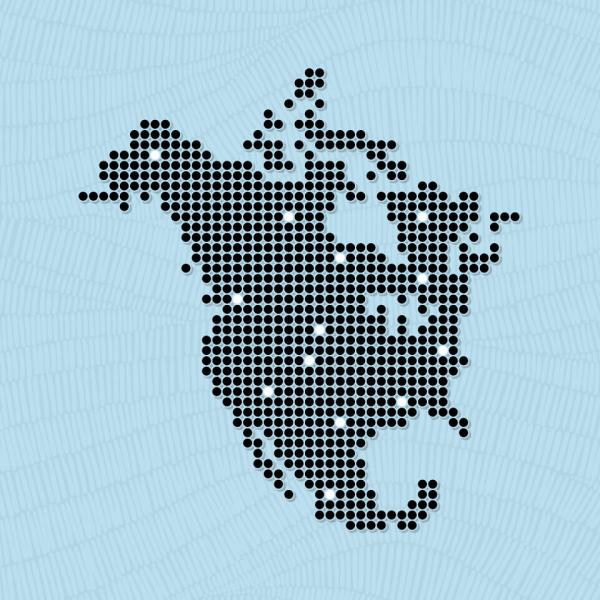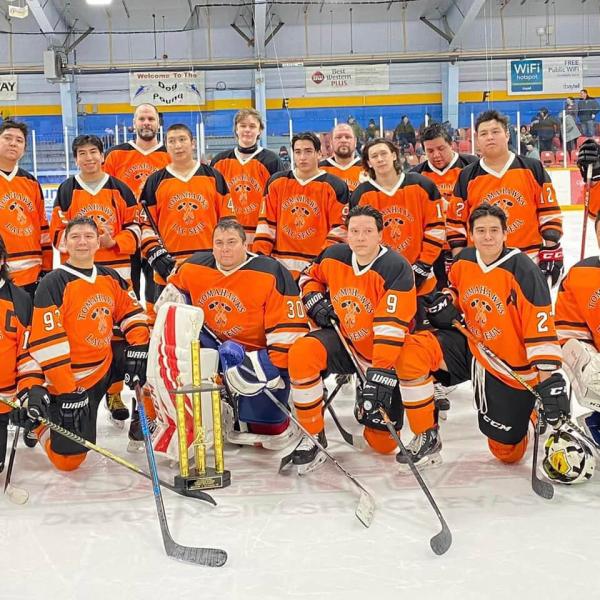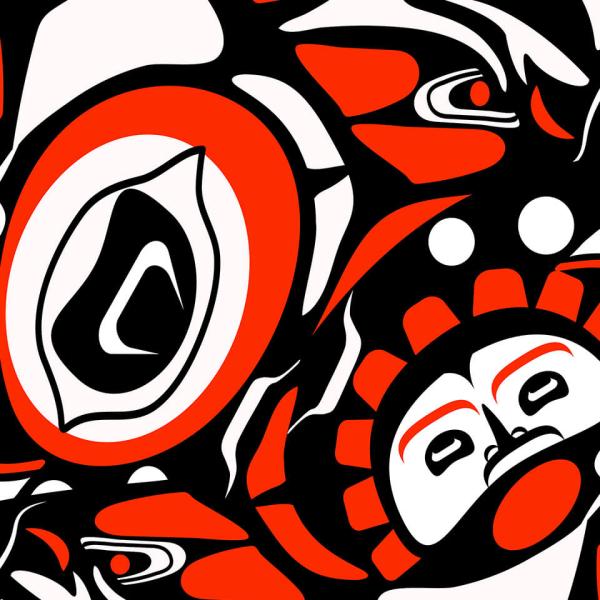According to Raymond Frogner, “We are what we choose to remember. We are also what we choose to forget.”
That is the driving force behind a University of Manitoba project to build the digital architecture for the National Centre for Truth and Reconciliation. The centre is the archival repository for material collected by the Truth and Reconciliation Commission of Canada. It was created to compile the complete history and legacy of the country’s residential school system.
That amounts to more than five million documents — from different sources, in different formats and in different states of completeness. Using CFI-funded open-source relational database software and multiple servers for storage, Frogner and his team will build a content management system to provide access to these internationally unique records.
As the head of archives for the National Centre for Truth and Reconciliation at the University of Manitoba, Frogner’s goal is to promote a full acknowledgement of residential school history. It’s also to foster more informed dialogue of how Canada’s relationship with Indigenous peoples can be rebuilt on “principles of equality, human dignity and respect.”
Archival data can provide insight into the legacy of residential schools on the health and wellbeing of Indigenous people
Among other things, the digital architecture will allow researchers to identify the unmarked gravesites of children who died at residential schools. It will also let them create a statistical analysis of the health and welfare legacy of these schools.

Frogner, for example, is working with researchers at the Manitoba Centre for Health Policy to examine the effects of childhood trauma across generations. Such insights can then inform health, education and cultural heritage programs.
Frogner is particularly eager see researchers make use of the more than 7,000 witness testimonies from residential school survivors: “Nowhere else in the world is there a set of records at once so unique, meaningful and profound.”
“We are working with Indigenous communities to promote an understanding of these records,” says Frogner. “Hopefully to disrupt the colonial relationship between university researchers, academic institutions and Indigenous communities.”
Return to the collection






